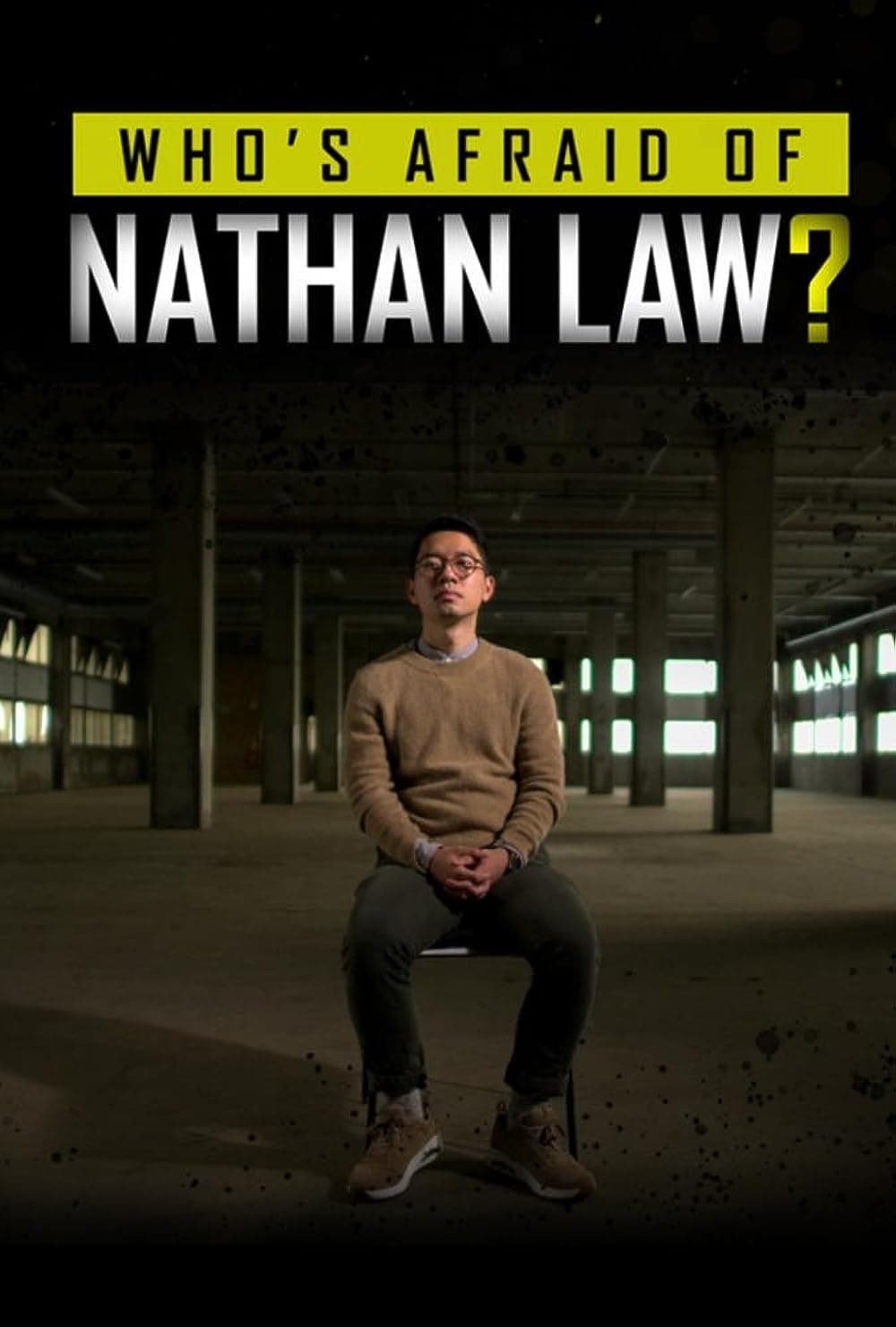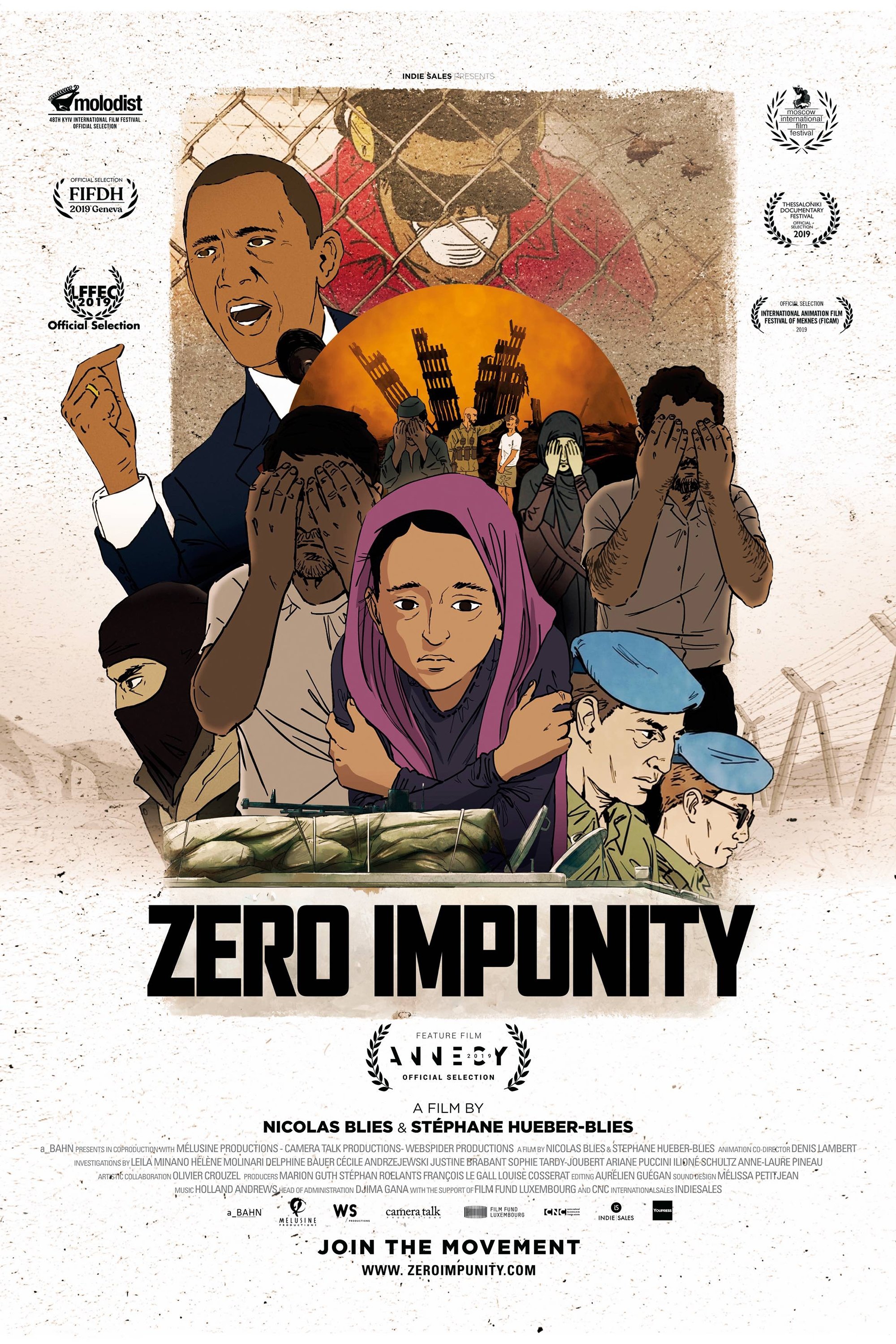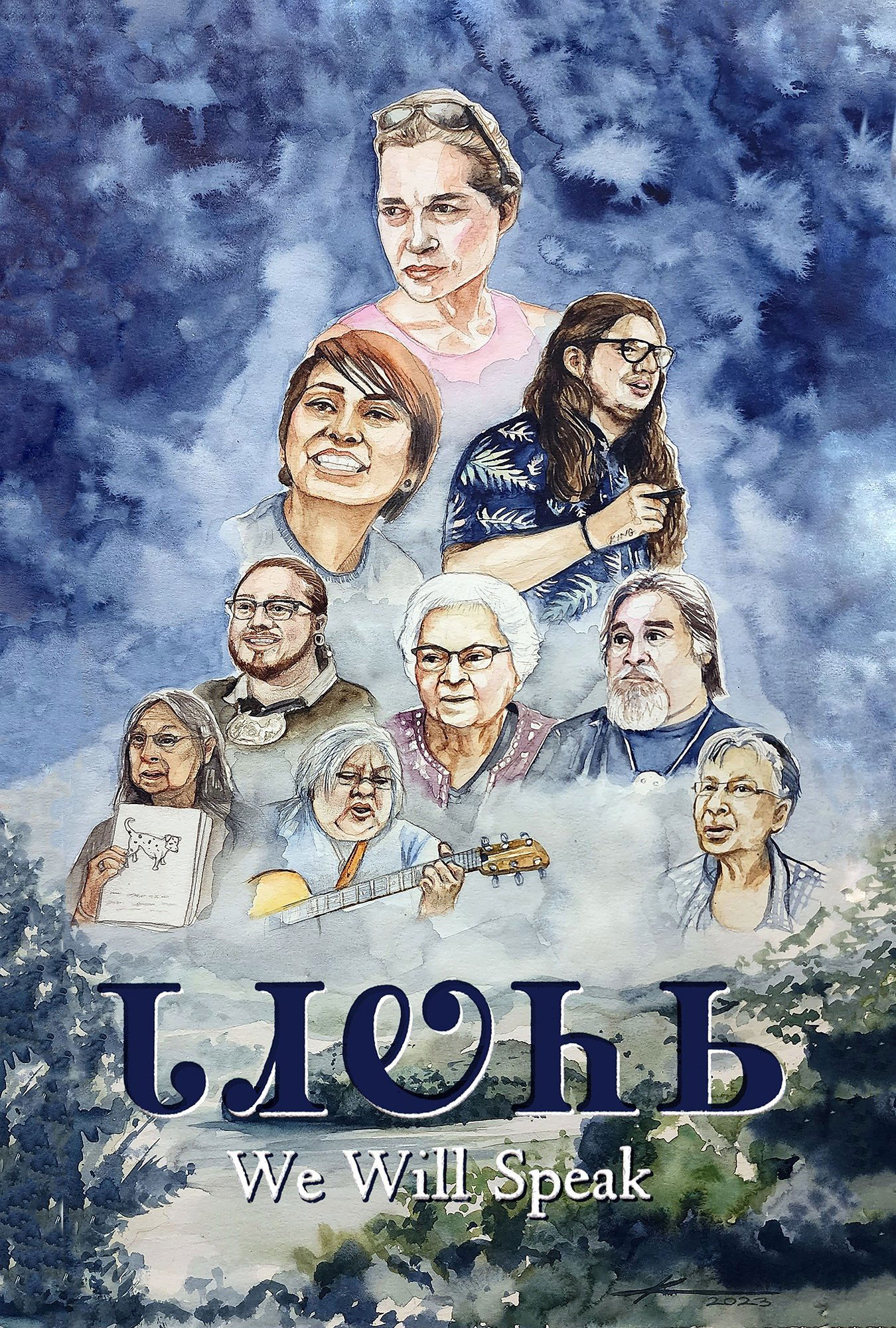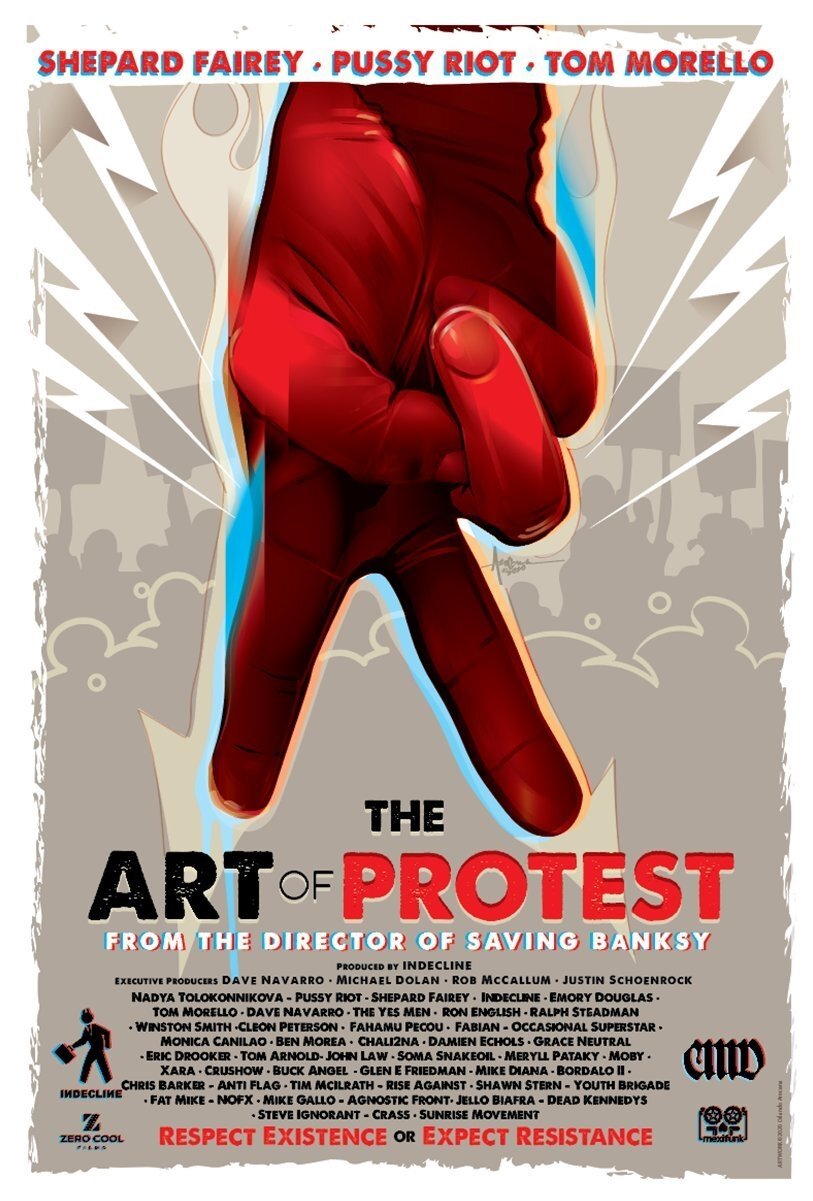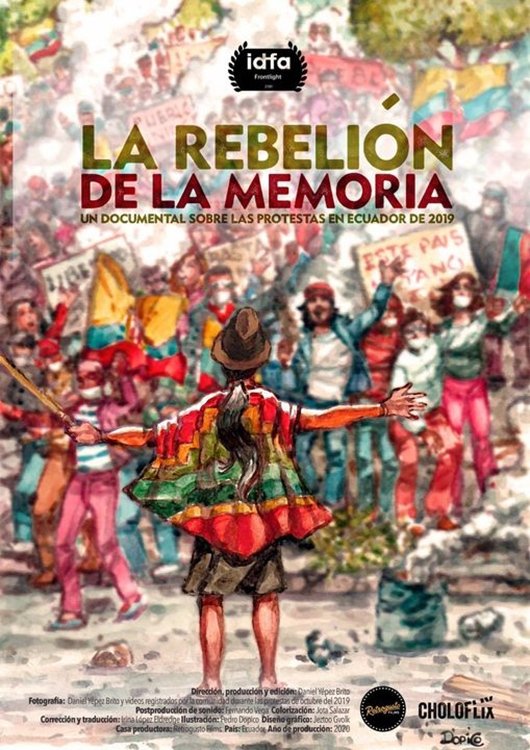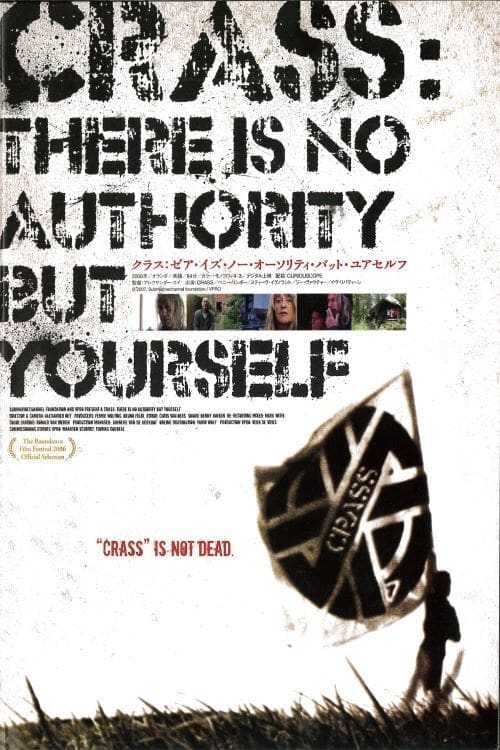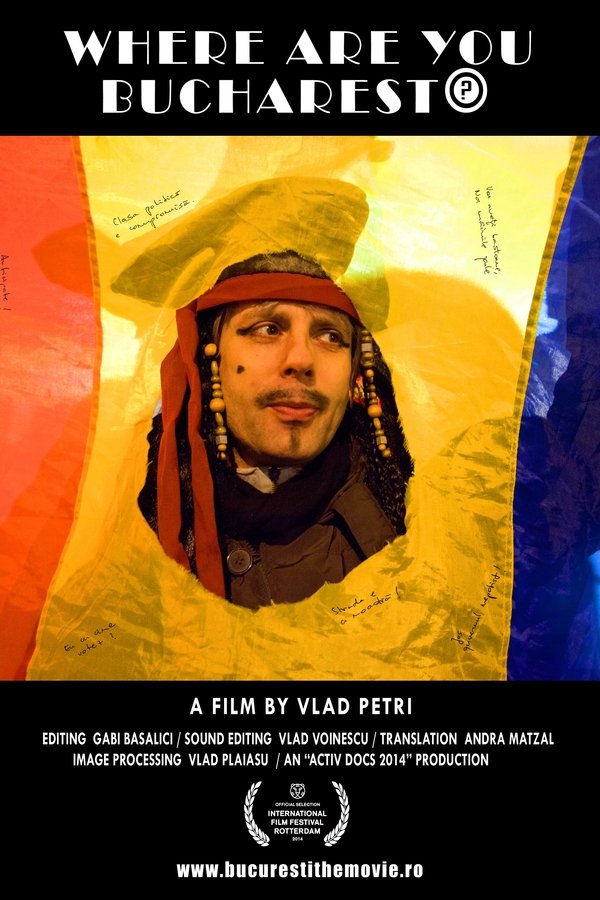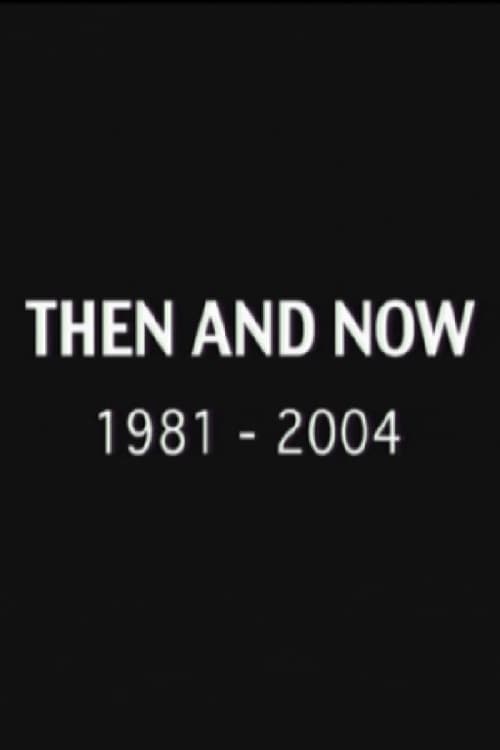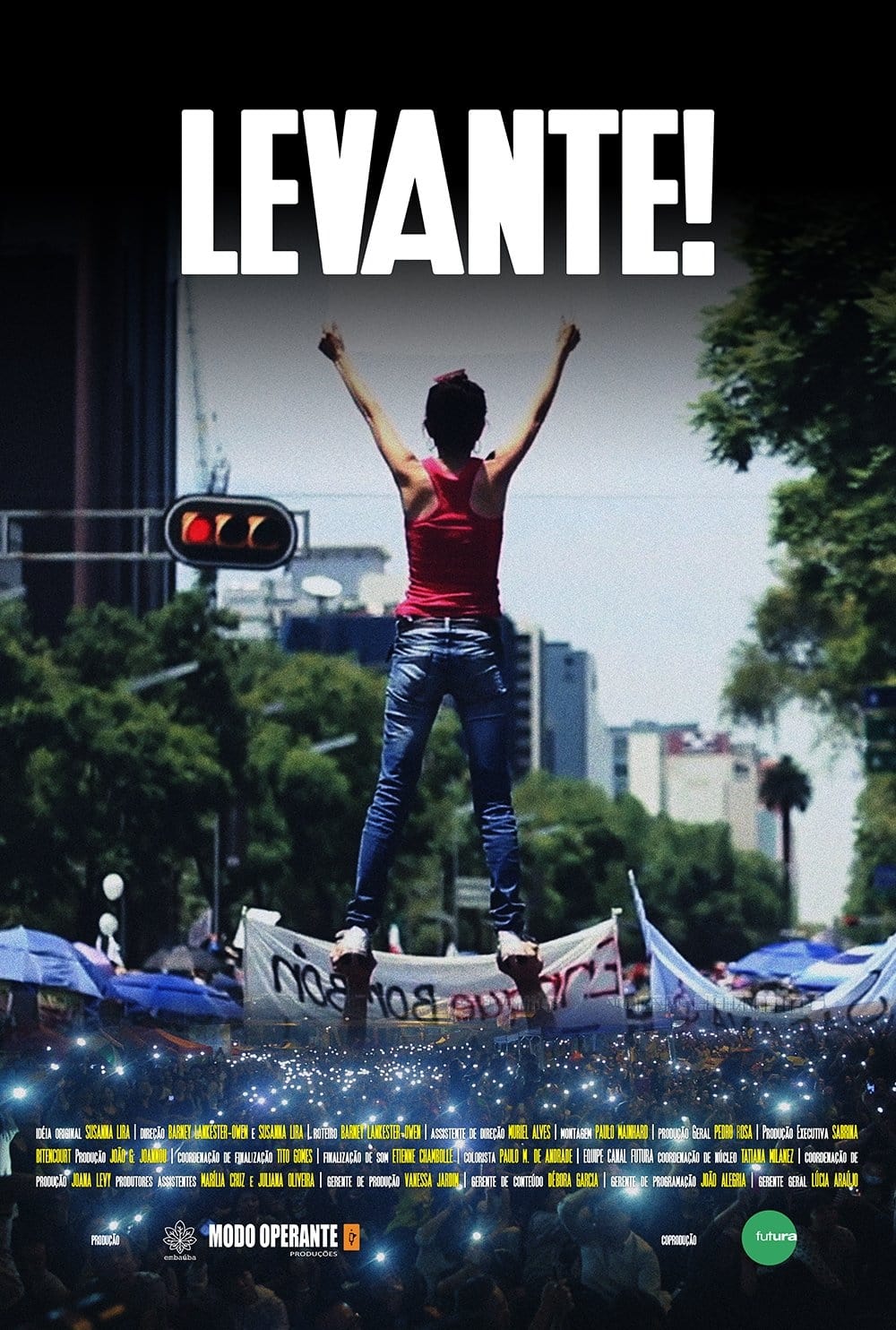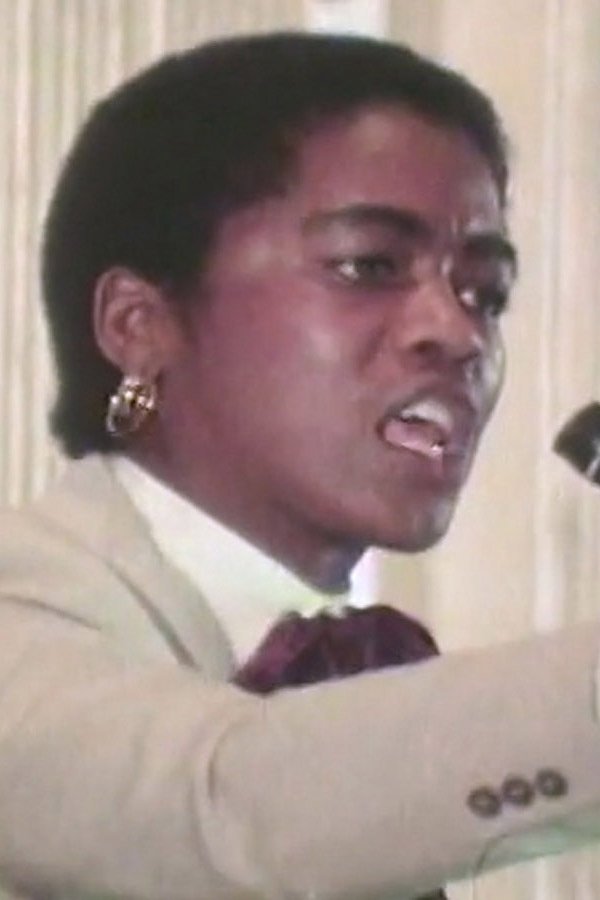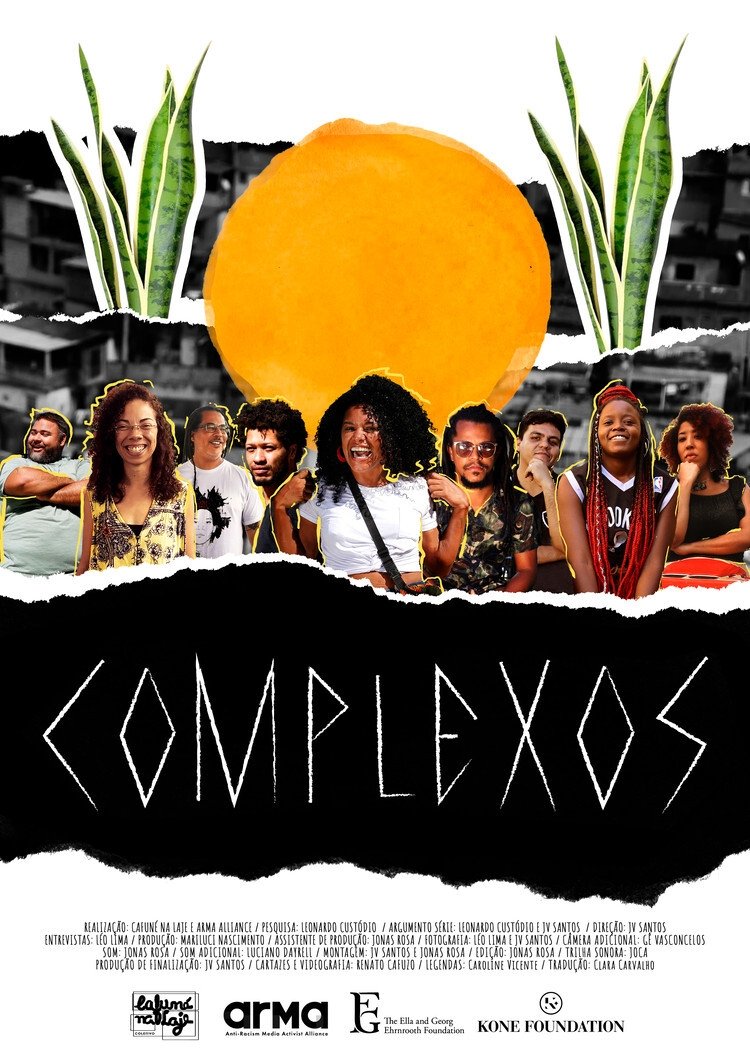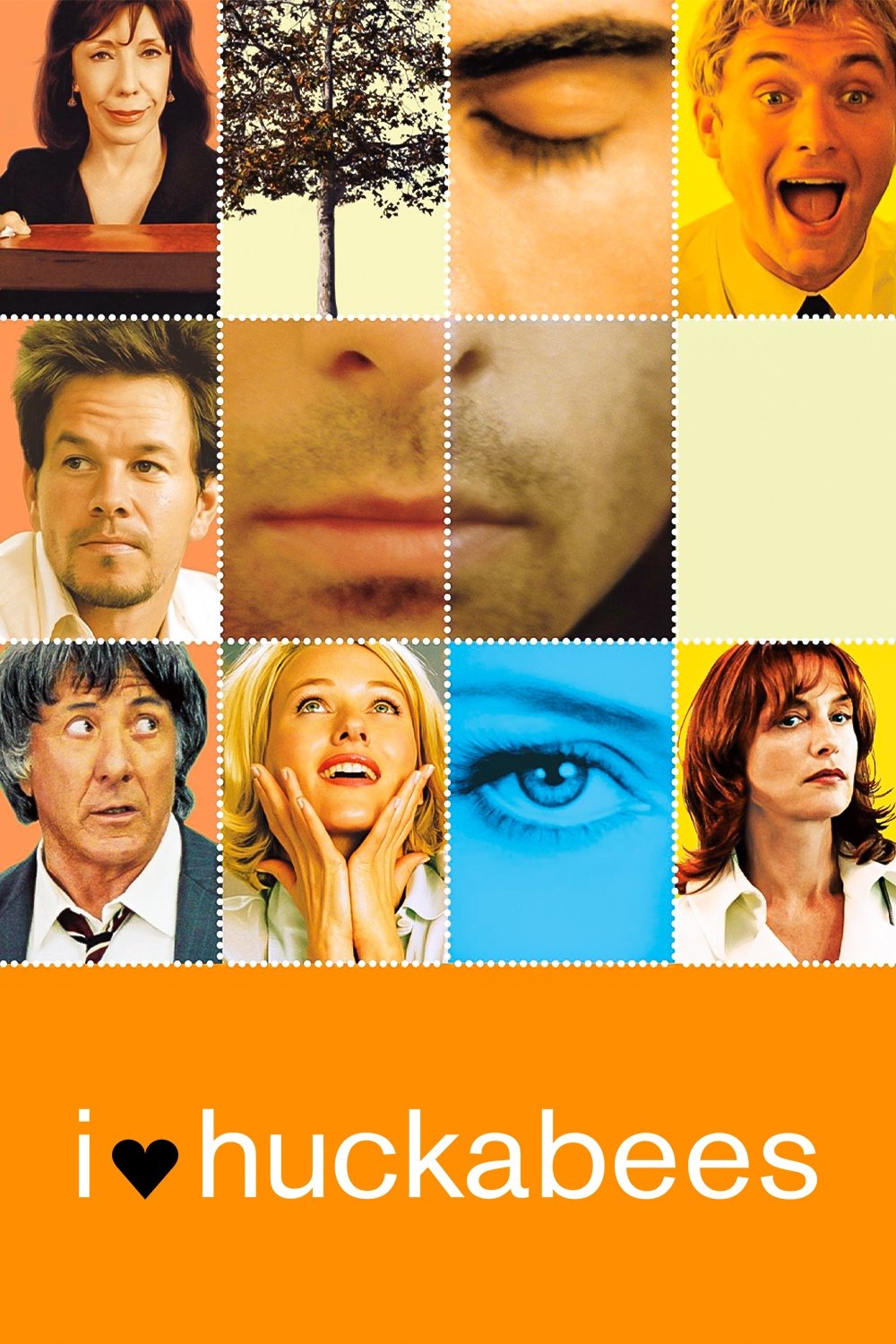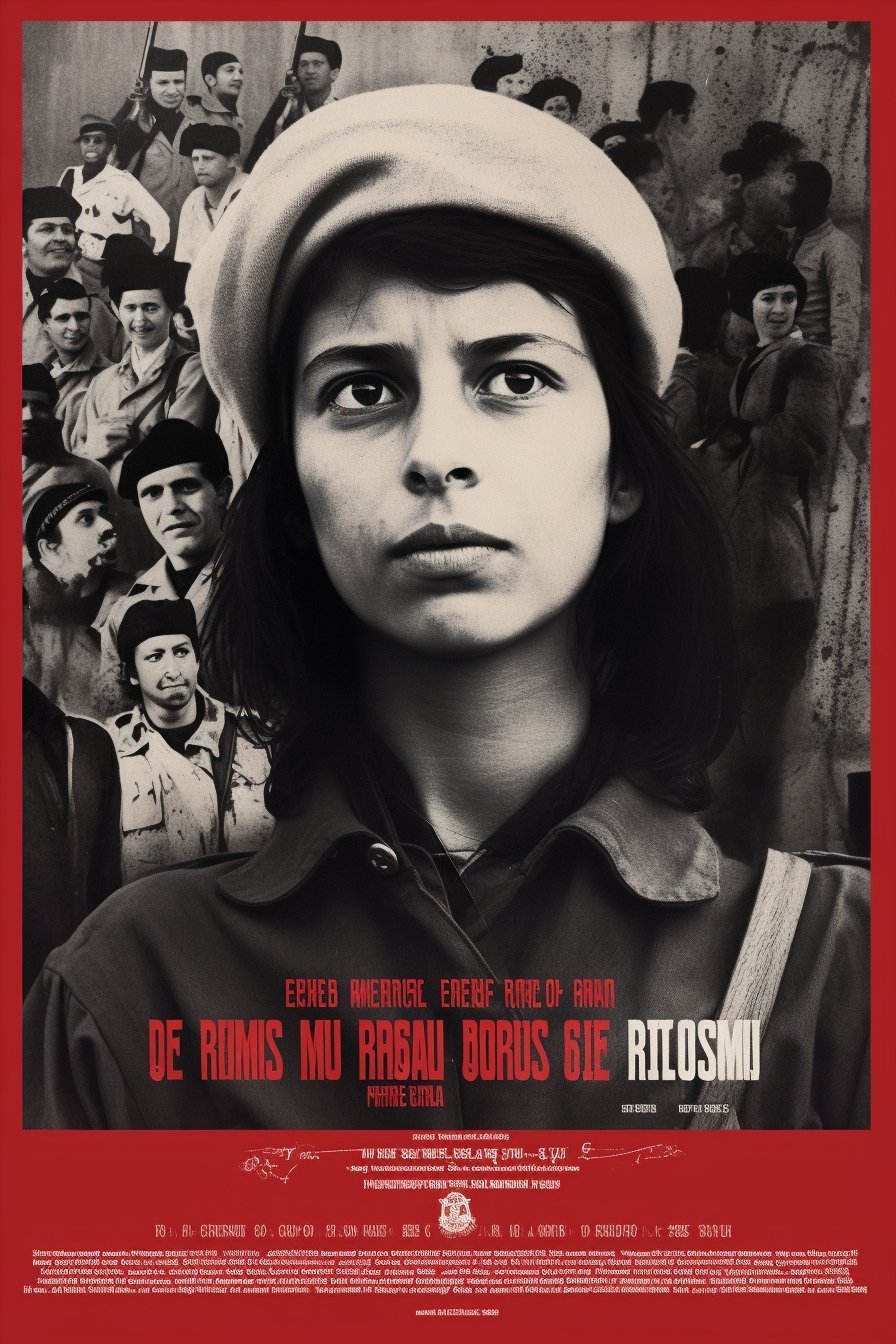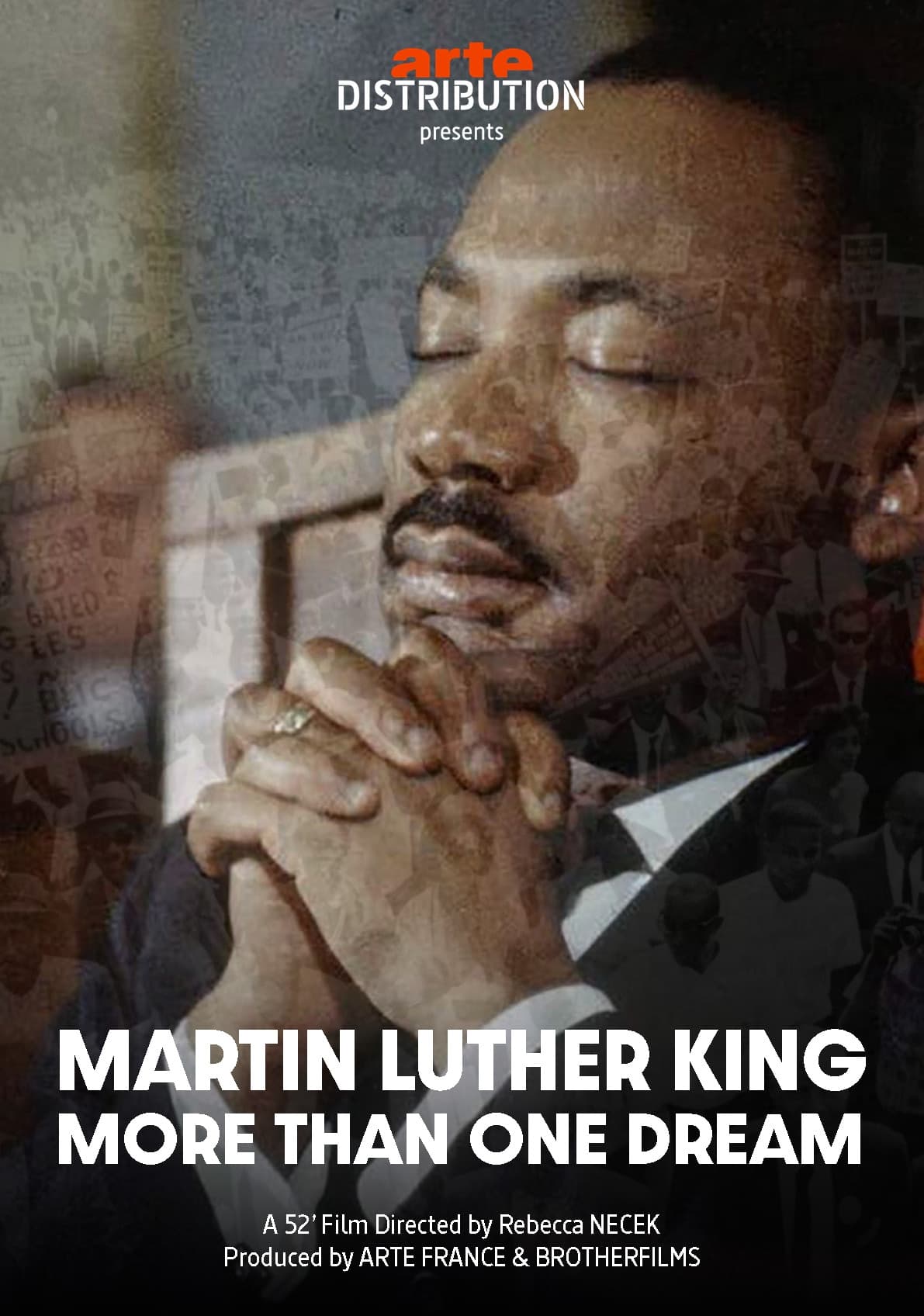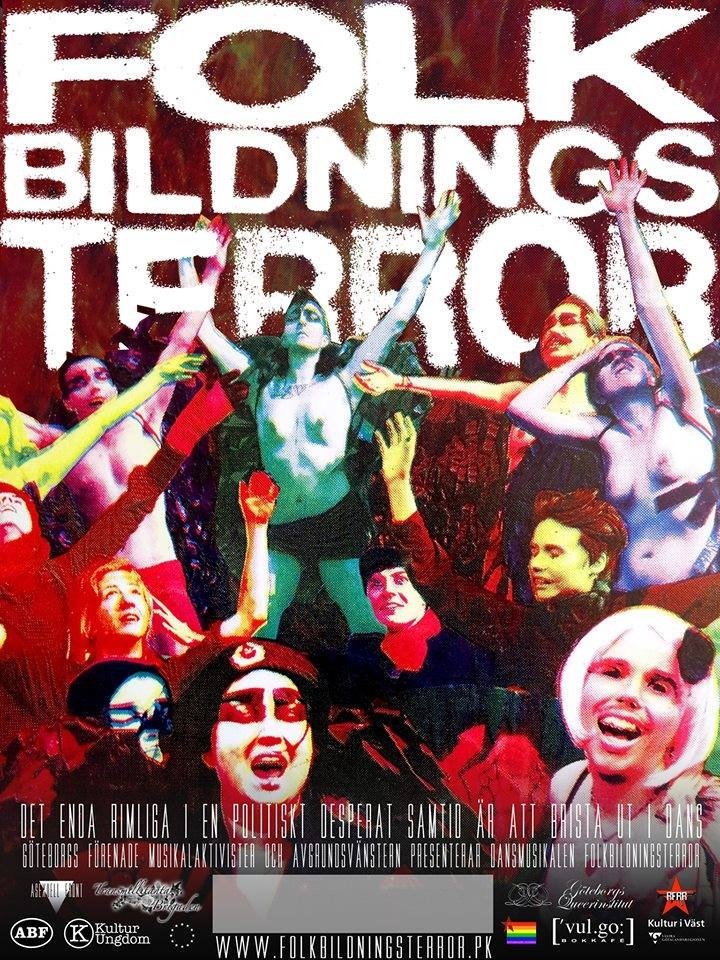
Folkbildningsterror (2014)
Overview
We follow the timid Theo, whose mother stands to lose her disability benefits. Help comes from the effortlessly flamboyant trans woman Kleopatra, a militant animal-identified posthumanist (a.k.a. Rabbit), and their fearless comrades. Together they reclaim social security for Theo’s mother, with the help of black magic and a comic shoot-out with the police. But fear not: “In order to break the symbolic connection between masculinity and power, everyone carrying a gun must wear a dress.” Then there’s the release of the animals from the Götenborg zoo, and much dancing and singing in between the organizing.
Production Companies
Additional Info
| Budget | $0.00 |
|---|---|
| Revenue | $0.00 |
| Original Language | sv |
| Popularity | 0.203 |
Directed By
Lasse Långström
Crew
Lasse Långström
TOP CAST
Similar Movies
Who's Afraid of Nathan Law?
Revolutionary at 21. Lawmaker at 23. Most Wanted at 26. With intimate access to the leaders of Hong Kong’s Umbrella Revolution, Who is Afraid of Nathan Law? chronicles one of the world’s most famous dissidents in his fight for democracy against a superpower.
Zero Impunity
An artistic hybrid documentary, ZERO IMPUNITY is the centerpiece of an ambitious global transmedia project. ZERO IMPUNITY sheds a powerful spotlight on the seemingly total Impunity for the use of sexual violence in armed conflicts worldwide. ZERO IMPUNITY is an important and necessary eye opening Scream, raising awareness and outrage.
We Will Speak
The Cherokee language is deeply tied to Cherokee identity; yet generations of assimilation efforts by the U.S. government and anti-Indigenous stigmas have forced the Tri-Council of Cherokee tribes to declare a State of Emergency for the language in 2019. While there are 430,000 Cherokee citizens in the three federally recognized tribes, fewer than an estimated 2,000 fluent speakers remain—the majority of whom are elderly. The covid pandemic has unfortunately hastened the course. Language activists, artists, and the youth must now lead the charge of urgent radical revitalization efforts to help save the language from the brink of extinction.
Bil'in Habibti
The Israeli filmmaker Shai Corneli Polak records the building of the 'security wall' through Palestinian territory at the village of Bil'in. The villagers protest mostly peacefully, while the Israeli army doesn't react peacefully. By now the Israeli High Court has ruled that the building of the wall was illegal.
The Art of Protest
Welcome to a never-before-seen tour of the creations by resistance artists around the world. From the streets of Moscow to the shores of Los Angeles and featuring interviews with Tom Morello, Dave Navarro, Moby, Shepard Fairey, and more, this powerful film brings a message of hope and change through radical resistance and righteous social uprising.
The Rebellion of Memory
It became world news in October 2019 when economic reforms in Ecuador led to gas prices suddenly shooting up by 123 percent. People from urban and indigenous communities united in protest. In The Rebellion of Memory we follow the events through their eyes, as the country’s capital, Quito, descends into smoke-filled chaos.
There Is No Authority But Yourself
A Dutch documentary about the history of the anarchist punk band Crass. The film features archival footage of the band, and interviews with former members Steve Ignorant, Penny Rimbaud and Gee Vaucher.
Where are you Bucharest?
What does a retired police officer, a dog trainer, the founder of a political party and anti-government protesters have in common? They've all met on the streets of Bucharest, 23 years after the Romanian Revolution, determined to reclaim the public space. Vlad Petri is following their stories for one year, from the first days of the anti-government protests to the final days of the Referendum against the President. The film raises questions about the role of the public space, the power of the individual and the understanding of democracy in a society caught between a communist past and an uncertain future.
Then and Now: 1981-2004
A short film mostly comprised of two sources: research footage from 1988 about the beginnings of the HIV epidemic from the perspective of medical professionals, and an interview with Cleve Jones in 2003 as he looks back upon his activism, and the state of the HIV/AIDS epidemic in the early 2000s.
Uprising!
"Levante" won Canal Futura's annual documentary competition in 2014 and was filmed in Brazil, Mexico, Japan, Gaza and Hong Kong. It first aired at 22pm on the 25th June on Canal Futura. The film is about inspiring people around the world who use technology to speak out against injustice such as Filipe Peçanha from Midia Ninja who used the Japanese Twitcasting app to broadcast the Brazilian protests of 2013 from his smartphone, Noor Harazeen from Palestine who created the first English-speaking youtube news channel in Gaza, and Howard Kong from the Apple Daily newspaper in Hong Kong who used a drone to film the conflicts between police and protesters in 2014.
Black Power in America: Myth or Reality?
The film questions whether the Civil Rights Movement of the 1960s effectively changed the Black community, and American society more widely, and examines the notion of Black power itself. Greaves interviewed major Black leaders, such as Franklin Thomas, Clifton Wharton Jr., Eleanor Holmes Norton, and Lerone Bennett Jr. to present a candid take on issues within the African American community, revealing wider societal problems in America at large.
Dixie Chicks: Shut Up and Sing
Shut Up and Sing is a documentary about the country band from Texas called the Dixie Chicks and how one tiny comment against President Bush dropped their number one hit off the charts and caused fans to hate them, destroy their CD’s, and protest at their concerts. A film about freedom of speech gone out of control and the three girls lives that were forever changed by a small anti-Bush comment
Complexes
The short documentary ‘Complexos‘ features intimate and emotional views on how residents of favelas in Rio de Janeiro use media and arts to raise their voices and act for justice, dignity and respect. ‘Complexos’ is part of a collaborative process between the Finland-based Anti-Racism Media activism Alliance (ARMA Alliance) and the favela-based audiovisual collective Cafuné na Laje.
Pornography: Andrea Dworkin
Radical feminist Andrea Dworkin's expose on the pornography industry.
Mère-Bi
Mère-Bi is a 2008 documentary film about Annette Mbaye d'Erneville by her son, director Ousmane William Mbaye. The first Senegalese female journalist, she was deeply involved in the development of her country. Both an activist and a non-conformist, she fought for the emancipation of women from the beginning.
I ♥ Huckabees
A husband-and-wife team play detective, but not in the traditional sense. Instead, the happy duo helps others solve their existential issues, the kind that keep you up at night, wondering what it all means.
The Big One
The Big One is an investigative documentary from director Michael Moore who goes around the country asking why big American corporations produce their product abroad where labor is cheaper while so many Americans are unemployed, losing their jobs, and would happily be hired by such companies as Nike.
Jeunesse Rouge: The Story of Young Communist Revolutionaries in France
"Jeunesse Rouge" is a documentary exploring young French Communist revolutionaries fighting for a just and equal society. The film follows their organizing and mobilizing, while delving into the history of the Communist movement in France. Archival footage and interviews with activists show their passionate commitment, from protests and strikes to political education. It highlights the power of youth activism and their potential to bring about change in the face of systemic inequality.
Martin Luther King: More Than One Dream
The real dream of the American pastor Martin Luther King was never limited to civil rights. He hoped for a just America, where poverty would no longer have a place. Social equality was for him the only guarantee of a true emancipation. During the last four years of his life, he mobilized all his energy to realize this "other dream". But there were many obstacles: he was scorned by white, racist America, abandoned by the political class, but also by some of his own people, who decided to turn their backs on the principle of non-violence.
